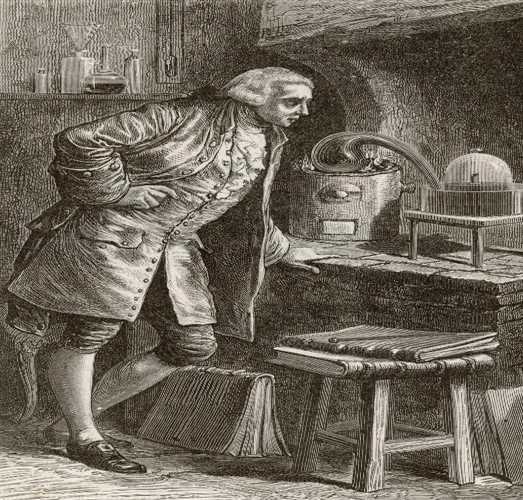The concept of the true nature of combustion was first established in the late 18th century by French chemist Antoine Lavoisier. Lavoisier is often referred to as the "Father of Modern Chemistry" due to his pioneering work in the field.
In 1772, he made the discovery that the ashes produced after burning sulphur or phosphorus were heavier than the original materials. He theorised that this was because the initial materials had merged with air, increasing their weight.
Lavoisier was interested in understanding the process of combustion, and he believed that it was a chemical reaction between a substance and oxygen. He conducted a series of experiments to prove his theory, and in 1783 he published his findings in a paper titled "Memoir on the Nature of Combustion."
In his experiments, Lavoisier used a balance to measure the mass of the substances before and after combustion, and he found that the total mass remained constant. This led him to conclude that combustion was not a process of destruction but rather a process of chemical combination. Lavoisier also discovered that the substance produced during combustion was water, which confirmed his theory that combustion was a reaction between a substance and oxygen.
Lavoisier's findings revolutionized the field of chemistry and paved the way for future scientists to build upon his work. He showed that combustion was not simply a process of burning but rather a chemical reaction that involved the transfer of electrons between the substance and oxygen.
Lavoisier's theory of combustion was a major milestone in the development of modern chemistry. It helped to establish the scientific method and encouraged scientists to approach problems in a systematic and quantitative way. Lavoisier's work continues to be an important part of the curriculum in chemistry classes around the world, and his legacy continues to inspire new generations of scientists.
In conclusion, the true nature of combustion was established by Antoine Lavoisier in the late 18th century. Lavoisier's experiments and findings revolutionized the field of chemistry and paved the way for future scientists to build upon his work. His legacy continues to inspire scientists today, and his work remains an important part of the curriculum in chemistry classes around the world.
